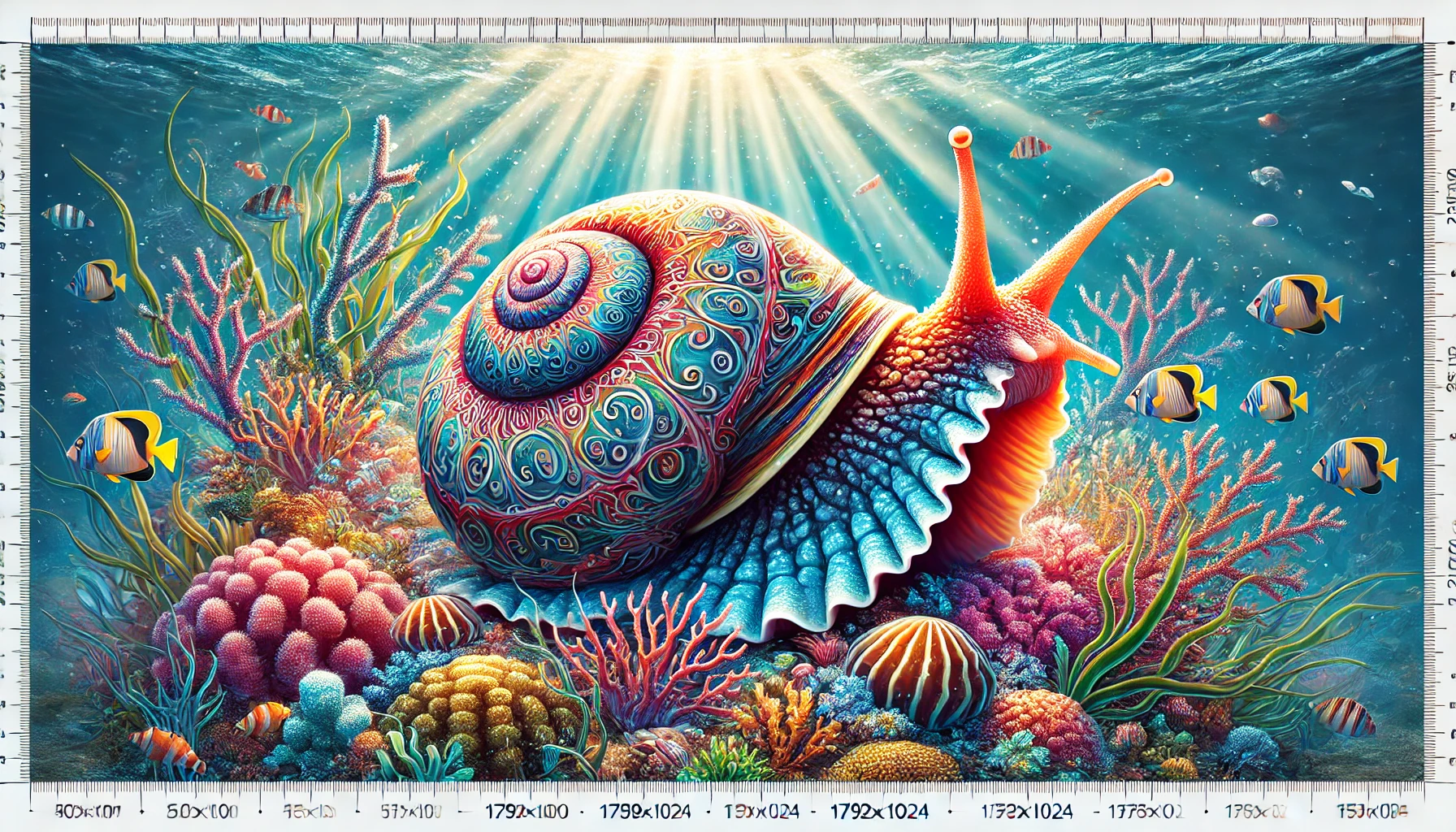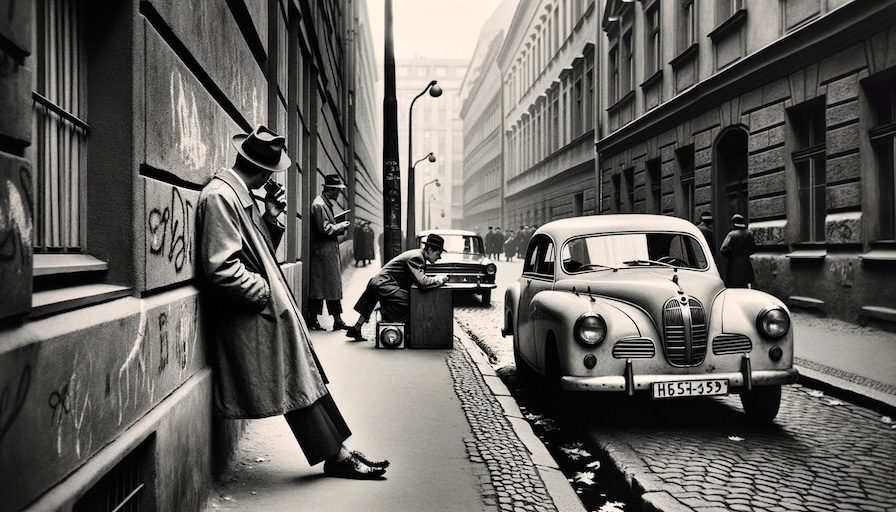Tag: europe
-

This Is NOT An Anti Meat Video
-

Syria, Israel, Ukraine – A New Decade of War
-

Cycling from Finland to Singapore
-

Linking the Faroe Islands
Growing up, I always wanted to be in the heart of the city—a densely populated, well-connected place (which is why I moved to Singapore). But gradually, I’m starting to crave a quieter life… something more remote, peaceful, and slow-paced. I’ve spent countless hours dreaming about living in a small town in the French Alps, a…
-

Tyrian Purple
-

Nuclear winter
-

Taking the Airbus to the IKEA Cloud
We do have some (smaller) cloud (Scaleway) and datacenter players (Leaseweb, could use some innovation) and some inbetween (OVH, Hetzner)… But none are really a true cloud provider with serverless, all the storage stuff, etc. Evroc is trying just that — being a real competitor to GCP and AWS — but that’ll need a lot…
-

EU pushes for digital surveillance
Keep seeing more and more topics, threads and sites about it. And it’s probably not getting half as much attention as it deserves. Here’s a summary from Danny Mekić post:
-

It’s Time to Replace Urban Delivery Vans
Via Kottke.







